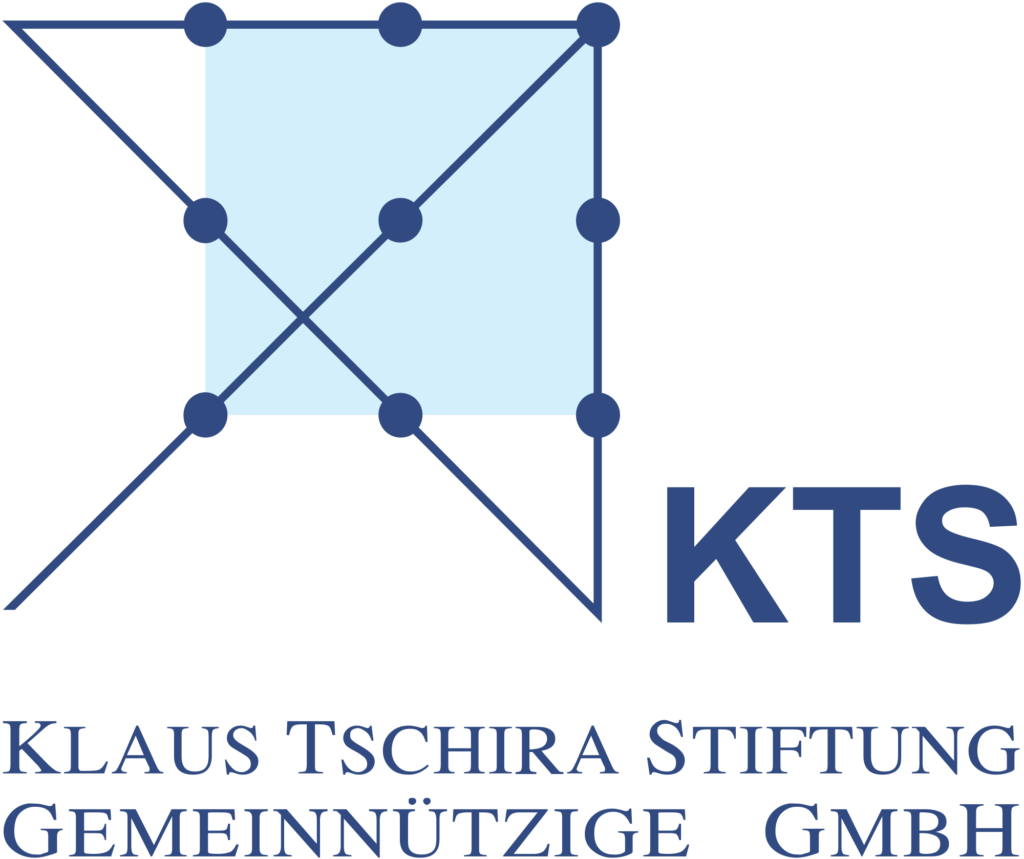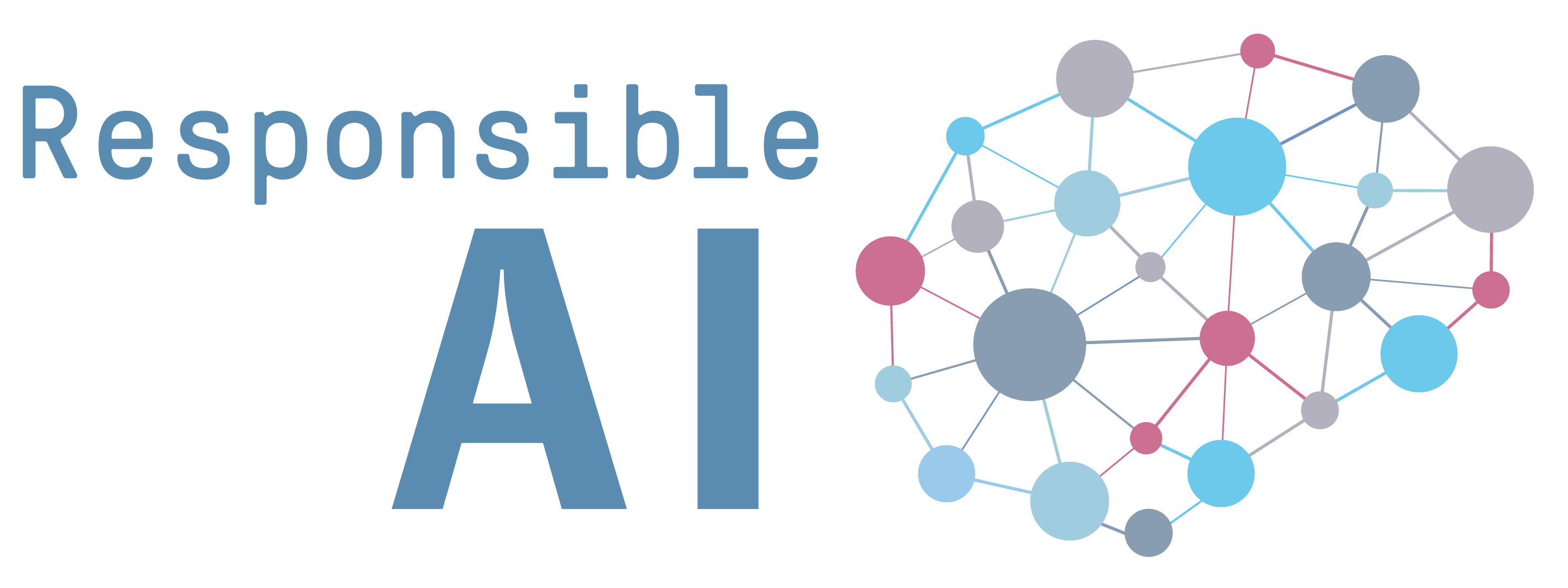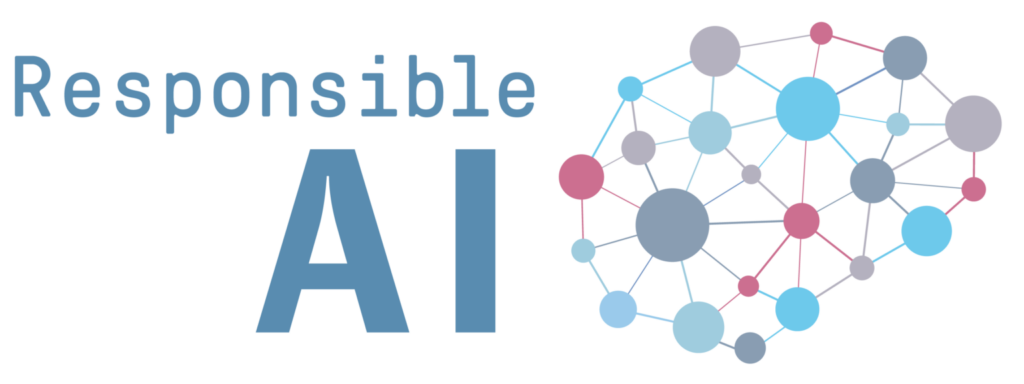The Human-Technology Interaction Lab (AG Kellmeyer; from 2019-2022: Neuroethics and AI Ethics Lab) is headed by Prof Philipp Kellmeyer and affiliated with the Department of Neurosurgery at the University Medical Center Freiburg.
Description
The Human-Technology Interaction Lab performs innovative research at the frontier of interactional, ethical, legal, and social aspects of new and emerging technologies in medicine and other health-related contexts. A special focus is the intersection of neuroscience, neurology, artificial intelligence, and neurotechnology.
The Lab covers three main areas of research:
I. Human-technology interaction in medicine and other health-related contexts
We investigate human-technology interaction (HTI) in medicine and other health-related contexts with a transdisciplinary mixed methods approach. Besides the interdisciplinary exploration of conceptual foundations of HTI (e.g., agency, trust, relationality), we use qualitative research methods (e.g., phenomenological interviews, ethnographic methods, methods from design research) for investigating specific contexts of HTI in clinical medicine, such as social robots in rehabilitation or virtual reality in neurological therapy, but also consumer health technologies.
II. Ethical, legal, societal, and political aspects of human-technology interaction
In highly transdisciplinary teams, we also investigate ethical, legal, societal, and political aspects of HTI in medicine and a consumer health context. In recent years, a special focus has been on the interaction between humans and neurotechnologies as well as AI systems in medicine. In our work, we place special emphasis on understanding structural aspects and conditions that shape HTIs in medicine, particularly structural injustice, responsibility, and vulnerability. We also develop innovative methods for ethics/responsibility-by-design of medical and consumer health technologies
III. Participatory action research for outreach, communication, and co-design of medical technologies
Together with the platform Nexus Experiments of the University of Freiburg, which is co-led by Philipp Kellmeyer, we co-create innovative outreach projects at the intersection of science, art, and society. Together, citizens, artists and scientists co-create events that offer opportunities for mutual learning and bidirectional knowledge transfer. With methods from participatory action research, we evaluate these projects and use the results to offer concepts and approaches for co-designing medical and consumer health technologies.
Team
Prof Dr Philipp Kellmeyer – Neurologist, Head of Research Group
Vera Borrmann – PhD Student (Philosophy) – Project(s): Applied phenomenology in human-technology interaction
Patricia Gleim – Research Associate (Gender Studies, Social Science)
Carolin Heizmann – Research Associate (Human Factors)
Lara Endres – Student Research Assistant (Psychology)
Johanna Kreuter – Student Research Assistant (Philosophy, Computer Science)
Simon Lang – Student Research Assistant (Sports Science)
Laura Poray – Student Research Assistant (Clinical Psychology)
Helena Scholl – Student Research Assistant (Medicine, Philosophy)
Johanna Seemann – Student Research Assistant (Philosophy, Neuroscience)
Former team members / researchers
Christina Davril – Student Research Assistant (Computer Science, Linguistics) – Project(s): DaDuHealth
Luisa Gerstgrasser – Student Research Assistant (Liberal Arts & Sciences) – Project(s): Agency and neurotechnology
Luc Lülf – Student Research Assistant (Political Science) – Project(s): Responsible AI
Sekina Mandelartz – Research Associate, PhD Student (Psychology, Health Economics)
Dr Reto Schölly – Postdoctoral Researcher (Computer Science, Philosophy) – Project(s): DaDuHealth
Ines Schröder – PhD Student (Philosophy) – Project(s): AI-TRUST
Projects & Research Topics
Current projects
- RESCALE – a multidisciplinary project on metalearning of assistive robots in which our groups pursues a design-based approach involving mixed-methods qualitative research
- KIDELIR – a multidisciplinary project on AI-based decision support for predicting delirium in clinical patients
- KIPA – AI-assisted patient information and informed consent in radiology
- KI-Allianz – Subproject on ethics-by-design
- Social robotics and human-robot interaction. Collaboration with Oliver Müller (Responsible AI / University of Freiburg) and external FRIAS research fellow (2019/2020) Shelly Levy-Tzedek, Ben Gurion University of the Negev, Israel.
Past projects
- AI-TRUST – a multidisciplinary research project on ethics-by-design of an deep-learning-based EEG diagnostic system
- DaDuHealth – a multidisciplinary research project on ethical, legal and social aspects of health-rleated data in a clinical and consumer context
- Human Agency and Brain Computer Interfaces. Collaborating partner of an NIH BRAIN Initiative project led by Sara Goering and Eran Klein, University of Washington, Seattle, USA
- Ethical aspects of extendend reality (XR), especially virtual reality (VR), systems in medicine. Collaboration with Gerben Meynen, Forensic Psychiatry, University Medical Center Amsterdam and University of Utrech
Selected Publications
Heizmann C, Gleim P, Kellmeyer P. Partizipative Ansätze in der Entwicklung von KI-Anwendungen in der Medizin: Chancen und Herausforderungen. Bundesgesundheitsbl (2025). https://doi.org/10.1007/s00103-025-04095-5
Bublitz C, Bariffi F, Navarro MS, Kellmeyer P. UNESCO’s Recommendation on Neurotechnology: realizing the rights of people with mental disabilities. Nature Mental Health. 2025 https://doi.org/10.1038/s44220-025-00454-y
Bublitz C, Kellmeyer P, Molnar-Gabor F. EU AI Act may consider brain stimulation a subliminal technique. Eur J Neurosci 2025; 61(8):e70115 https://doi.org/10.1111/ejn.70115.
Gleim P, Ritzi A, Mählmann S, Heizmann C, Ziegler S, Kellmeyer P. Participatory Design of an AI-Based CDSS for Delirium Prevention. Stud Health Technol Inform. 2025 May 15;327:402-403. https://doi.org/10.3233/SHTI250357
Heizmann C, Gleim P, Kellmeyer P. Participatory Co-Creation of an AI-Supported Patient Information System: A Multi-Method Qualitative Study. Stud Health Technol Inform. 2025 May 15;327:338-342. https://doi.org/10.3233/SHTI250340
Starke G, Gille F, Termine A, Aquino Y, Chavarriaga R, Ferrario A, Hastings J, Jongsma K, Kellmeyer P, Kulynych B, Postan E, Racine E, Sahin D, Tomaszewska P, Vold K, Webb J, Facchini A, Ienca M. Finding Consensus on Trust in AI in Health Care: Recommendations From a Panel of International Experts. J Med Internet Res 2025;27:e56306. https://doi.org/10.2196/56306.
Higgins N, Gardner J, Wexler A, Kellmeyer P, O’Brien K, Carter A. Post-trial access to implantable neural devices: an exploratory international survey. BMJ Surg Interv Health Technol 6, e000262. 2024. https://doi.org/10.1136/bmjsit-2024-000262.
Londoño L, Valeria Hurtado J, Hertz, N., Kellmeyer P, Voeneky S, Valada A. Fairness and Bias in Robot Learning. Proceedings of the IEEE, 112(4), 305–330. 2024. https://doi.org/10.1109/JPROC.2024.3403898.
Kuhn E*, Saleem S*, Klein T*, Köhler C*, Fuhr DC, Lahutina S, Minarik A, Musesengwa R, Neubauer K, Olisaeloka L, Osei F, Reinhold AS, Singh I, Spanhel K, Thomas N, Hendl T, Kellmeyer P*, Boege K*. Interdisciplinary Perspectives on Digital Technologies for Global Mental Health. PLOS Global Public Health. Feb 5;4(2):e0002867. 2024. https://doi.org/10.1371/journal.pgph.0002867 *equal contribution.
Schröder I, Müller O, Scholl H, Levy-Tzedek S, Kellmeyer P. Can robots be trustworthy? Ethik Med 35, 221–246. 2023. https://doi.org/10.1007/s00481-023-00760-y.
Straehle J, Ravi V M, Heiland DH, Galanis C, Lenz M, Zhang J, Neidert NN, El Rahal A, Vasilikos I, Kellmeyer P, Scheiwe C, Klingler JH, Fung C, Vlachos A, Beck J, Schnell O. Technical report: Surgical preparation of human brain tissue for clinical and basic research. Acta Neurochirurgica, 165(6), 1461–1471. 2023. https://doi.org/10.1007/s00701-023-05611-9.
Ligthart S, Ienca M, Meynen G, Molnar-Gabor F, Andorno R, Bublitz C, Catley P, Claydon L, Douglas T, Farahany N, Fins J J, Goering S, Haselager P, Jotterand F, Lavazza A, McCay A, Paz AW, Rainey S, Ryberg J, Kellmeyer P. 2023. Minding Rights: Mapping Ethical and Legal Foundations of ‘Neurorights.’ Cambridge Quarterly of Healthcare Ethics, 1–21. 2023. https://doi.org/10.1017/S0963180123000245.
Friedrichs K, Kellmeyer P. Neurofeminism: Feminist critiques of research on sex/gender differences in the neurosciences. Eur J Neurosci, 56(11), 5987–6002. 2022. https://doi.org/10.1111/ejn.15834.
Ienca M, Fins JJ, Jox RJ, Jotterand F, Voeneky S, Andorno R, Ball T, Castelluccia C, Chavarriaga R, Chneiweiss H, Ferretti A, Friedrich O, Hurst S, Merkel G, Molnar-Gabor F, Rickli JM, Scheibner J, Vayena E, Yuste R, Kellmeyer P. Towards a Governance Framework for Brain Data. Neuroethics. 2022. https://link.springer.com/article/10.1007/s12152-022-09498-8
Herzog L., Kellmeyer P, Wild V. Digital behavioral technology, vulnerability and justice: towards an integrated approach. Review of Social Economy 80, 7–28. 2021. https://doi.org/10.1080/00346764.2021.1943755
Ligthart S, Koojmans T, Biller-Andorno N, Meynen G, Kellmeyer P. Is Virtually Everything Possible? The Relevance of Ethics and Human Rights for Introducing Extended Reality in Forensic Psychiatry. AJOB Neuroscience. 2021. https://doi.org/10.1080/21507740.2021.1898489
Langer A, Feingold-Polak R, Mueller, O, Kellmeyer P, Levy-Tzedek S. Trust in Socially Assistive Robots: Considerations for use in Rehabilitation. Neurosci Biobehav Rev. 2019. https://doi.org/10.1016/j.neubiorev.2019.07.014
Kellmeyer P, Biller-Andorno N, Meynen G. Ethical Tensions in Virtual Reality Treatment in Vulnerable Patients. Nature Medicine. 2019. https://www.nature.com/articles/s41591-019-0543-y.
Kellmeyer P. Artificial intelligence in basic and clinical neuroscience: scientific opportunities and ethical challenges. Neuroforum. 2019. https://doi.org/10.1515/nf-2019-0018
Kellmeyer P, Chandler, J, Cabrera, L, Carter, A, Kreitmair K, Weiss A, Illes J. Neuroethics at 15: The Current and Future Environment for Neuroethics. AJOB Neuroscience. 2019. Online first. https://doi.org/10.1080/21507740.2019.1632958
Kellmeyer P, Mueller O, Feingold-Polak R and Levy-Tzedek S. Social robots in rehabilitation: A question of trust. Science Robotics. 2018 Aug 15 3(21).https://doi.org/scirobotics.aat1587
Kellmeyer P. Neurophilosophical and ethical aspects of virtual reality therapy in neurology and psychiatry. Camb Q Healthc Ethics. 2018 Oct;27(4):610-627. https://doi.org/10.1017/S0963180118000129
Kellmeyer P. Big Brain Data: On the Responsible Use of Brain Data from Clinical and Consumer-Directed Neurotechnological Devices. Neuroethics. Online First, May 19th 2018. https://doi.org/10.1007/s12152-018-9371-x
Yuste, R., […], Kellmeyer P, […] et al. Four ethical priorities for neurotechnologies and AI. Nature 551, 159 (2017). http://www.nature.com/news/four-ethical-priorities-for-neurotechnologies-and-ai-1.22960
Kellmeyer P. Ethical and Legal Implications of the Methodological Crisis in Neuroimaging. Camb Q Healthc Ethics. 2017 Oct;26(4):530-554. https://www.doi,org/10.1017/S0963180116000359
Kellmeyer P, Cochrane T, Müller O, Mitchell C, Ball T, Fins JJ, Biller-Andorno N.The Effects of Closed-Loop Medical Devices on the Autonomy and Accountability of Persons and Systems. Cambridge Quarterly of Healthcare Ethics. 2016 Oct; 25(4): pp. 623-33. https://doi.org/10.1017/S0963180116000359
Funding by





